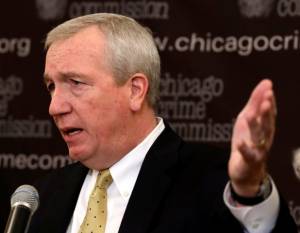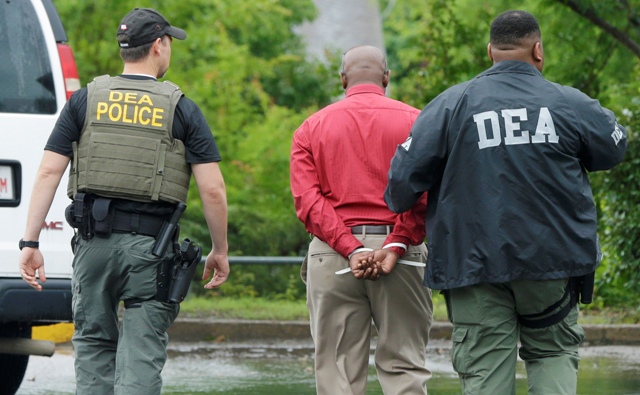Working closely with foreign counterparts in France, Germany, Italy and Belgium, the DEA uncovered a massive Hezbollah network that sold drugs in the West and used the proceeds to finance its terror activities.
The United States Drug Enforcement Administration (DEA) has exposed a massive Hezbollah money laundering system in which they sod drugs in the US and used the money to fund terrorisms, it announced on Monday.
The DEA stated that is had carried out “significant enforcement activity,” including arrests targeting members of Hezbollah’s External Security Organization Business Affairs Component (BAC), which is involved in international criminal activities such as drug trafficking and drug proceed money laundering.
“This ongoing investigation spans the globe and involves numerous international law enforcement agencies in seven countries, and once again highlights the dangerous global nexus between drug trafficking and terrorism,” the DEA stated.
The counter-Hezbollah operation is part of the DEA’s Project Cassandra, which targets a global Hezbollah network responsible for the movement of large quantities of cocaine in the United States and Europe.
This global network was founded by deceased Hezbollah Senior commander Imad Mughniyeh, who was reportedly assassinated by Israel in a joint operation with the CIA in 2008, and currently operates under the control of Abdallah Safieddine and recent US-designated Specially Designated Global Terrorist (SDGT) Adham Tabaja. The DEA says that Hezbollah operatives established business relationships with South American drug cartels, such as La Oficina de Envigado, responsible for supplying large quantities of cocaine to the European and United States drug markets.
Hezbollah continues to launder significant drug proceeds as part of a trade based money laundering scheme known as the Black Market Peso Exchange, the DEA said.

DEA Acting Deputy Administrator Jack Riley. (AP/M. Spencer Green)
“These drug trafficking and money laundering schemes utilized by the Business Affairs Component provide a revenue and weapons stream for an international terrorist organization responsible for devastating terror attacks around the world,” said DEA Acting Deputy Administrator Jack Riley.
“DEA and our international partners are relentless in our commitment to disrupt any attempt by terrorists and terrorist organizations to leverage the drug trade against our nations. DEA and our partners will continue to dismantle networks who exploit the nexus between drugs and terror using all available law enforcement mechanisms,” he vowed
Beginning in February 2015, based on DEA investigative leads, European authorities initiated an operation targeting the network’s criminal activities in that region. Since then, law enforcement authorities, closely supported by DEA, have uncovered an intricate network of money couriers who collect and transport millions of euros in drug proceeds from Europe to the Middle East. The currency is then paid in Colombia to drug traffickers using the Hawala disbursement system. A large portion of the drug proceeds was found to transit through Lebanon, and a significant percentage of these proceeds are benefitting terrorist organizations, namely Hezbollah.
This investigation is a result of leads developed during the investigation into the Lebanese Canadian Bank, the DEA revealed.
“The combination of aggressive international law enforcement investigations and Treasury’s ongoing sanctions pressure shows the scope of the global commitment to diminish the ability of Hezbollah and its financial supporters to move funds worldwide,” the DEA stated.
The DEA said the most significant arrest was of Mohamad Noureddine, a Lebanese money launderer who has worked directly with Hezbollah’s financial apparatus to transfer Hezbollah funds via his Lebanon-based company Trade Point International and maintained direct ties to Hezbollah commercial and terrorist elements in both Lebanon and Iraq.
Separately, the US Department of the Treasury announced last week sanctions targeting Hezbollah’s financial support network.
The sanctions targeted two Lebanese companies by freezing any assets they have under US jurisdiction and prohibiting US citizens from doing business with them.
The US has sanctioned more than 100 individuals and entities associated with Hezbollah.
By: Max Gelber, United with Israel
